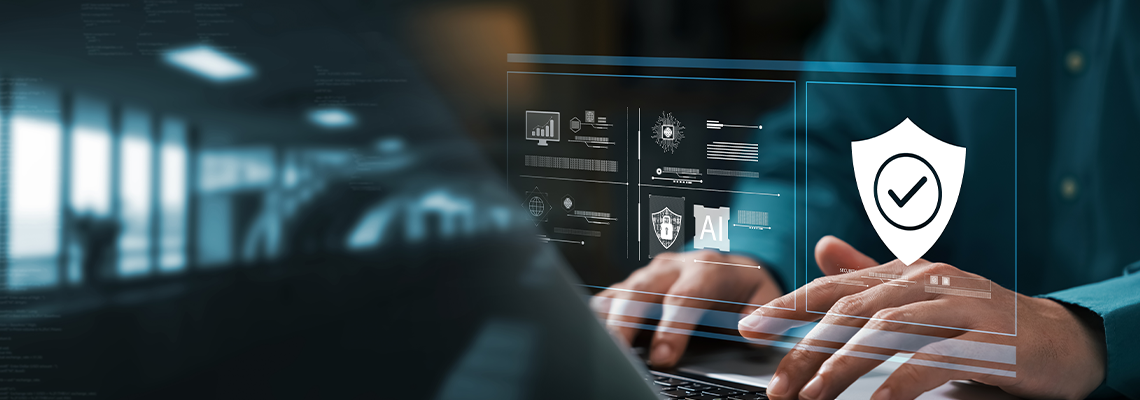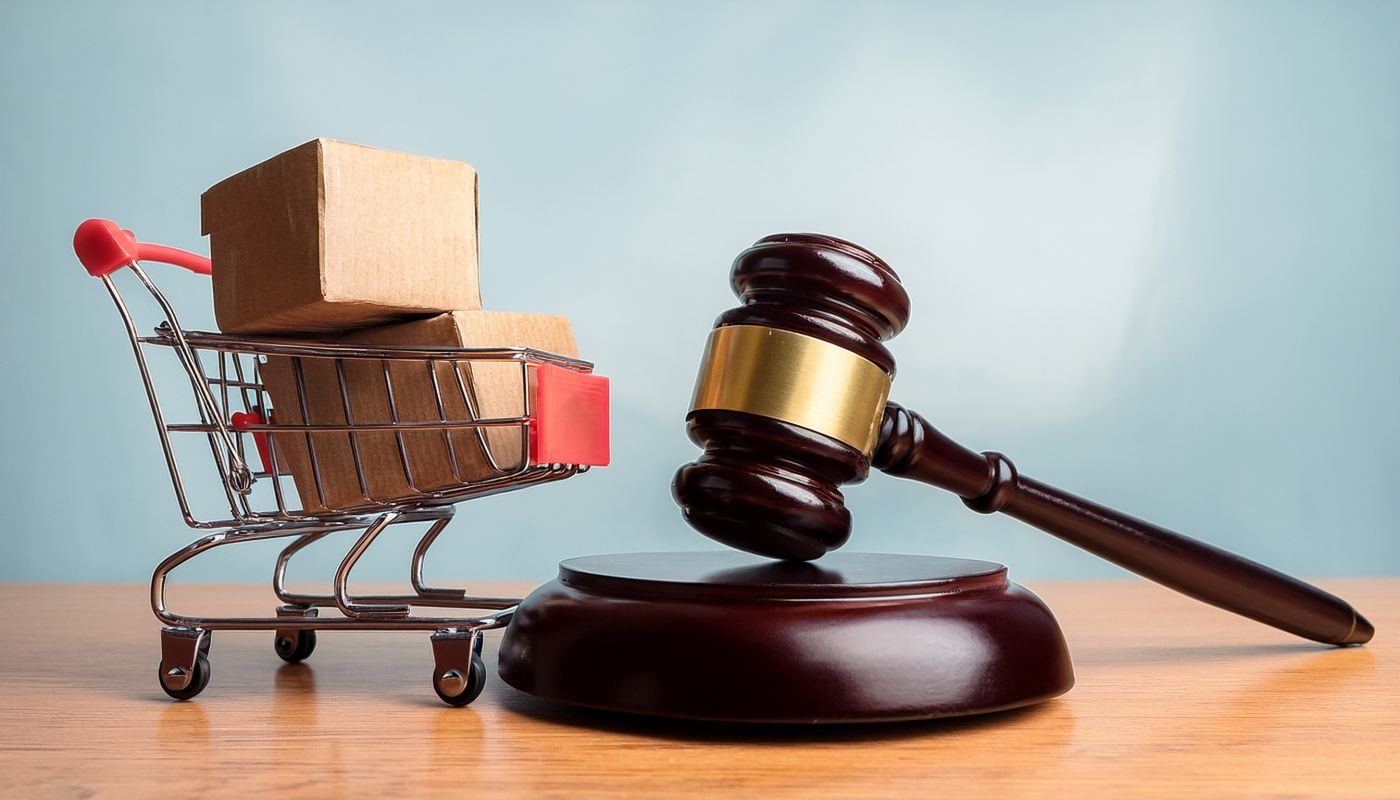
We’re Scott Hirsch Law Group, PLLC in Coconut Creek, Florida—proudly assisting clients throughout the United States in protecting their personal information online. With privacy risks growing, it's crucial to use proactive measures that reduce exposure to fraud.
Familiarizing yourself with the many privacy laws helps you spot potential risks. It’s essential to know when and how to request access to your data, make deletion requests, and protect against unauthorized data collection.
Understand Data Privacy and Your Rights
The United States has various privacy laws, and understanding your rights is vital. Federal law and individual State's statutes provides a foundation for holding organizations accountable when they misuse or improperly store personal information.
According to the State of California Department of Justice, the California Consumer Privacy Act (CCPA) empowers individuals to know what data companies collect and to request deletion. Federal laws like the Gramm-Leach-Bliley Act also regulate data use in specific sectors, such as banking.
Use Strong, Unique Passwords for Every Account
A strong password is a fundamental line of defense. Unfortunately, many people reuse passwords across different accounts, which can increase vulnerability if one account gets compromised.
Instead, make sure each account has a unique password. Strong passwords should ideally be a blend of uppercase and lowercase letters, numbers, and symbols, making them harder to guess.
Consider using a password manager to store and generate passwords. These tools encrypt and securely store your passwords, so you won’t need to remember complicated combinations for each account.
Enable Two-Factor Authentication (2FA)
Two-factor authentication (2FA) adds an extra layer of security, requiring a second form of verification alongside your password. Many online platforms, such as email providers and banks, offer 2FA to strengthen account protection.
By requiring a second verification method, such as a code sent to your mobile phone or biometric identification, you make it harder for unauthorized users to access your information.
Limit Personal Information Shared on Social Media
Social media can be a goldmine for anyone attempting to misuse personal information. Avoid sharing sensitive data like your full name, date of birth, home address, or phone number on public profiles.
Even small details—like your pet’s name or your high school mascot—can serve as answers to common security questions, potentially giving unauthorized users access to your accounts.
Restricting who can view your social media profiles is also effective. Review and adjust your privacy settings regularly and make sure that only trusted contacts can view your information.
Beware of Phishing Attempts
Phishing is a tactic where cybercriminals attempt to obtain your personal data by posing as legitimate entities. They may send fake emails, create bogus websites, or even make phone calls pretending to be from banks or government agencies.
If you’re uncertain about a request for information, it’s wise to verify directly with the institution through official contact channels.
Signs of Phishing Attempts:
Suspicious email addresses or domain names – Often, these addresses will contain slight misspellings or extra characters to resemble legitimate companies, so double-check before clicking.
Urgent messages pressuring you to “act now” – Scammers use urgency to make you respond quickly without questioning the source or verifying authenticity.
Requests for personal information – Legitimate organizations rarely ask for sensitive details through email, so be wary of unsolicited requests.
Secure Your Home Network
Securing your home Wi-Fi network is essential for online privacy. Start by setting a strong password for your router, changing it from the default provided by the manufacturer.
Additionally, you should enable encryption (WPA3 if possible) to keep outsiders from accessing your network. Disabling remote access to your router also enhances network security. For added protection, consider setting up a separate network for guests. This limits access to your main network and reduces potential vulnerabilities.
Use Encrypted Websites and VPNs
Encryption keeps your data safe from unauthorized access during online transactions. When visiting websites, check for a lock symbol or "https://" in the address bar, as these sites encrypt data to protect against interception.
A virtual private network (VPN) can add another layer of security, especially when using public Wi-Fi. VPNs encrypt your internet connection, making it more difficult for others to track your online activities or intercept sensitive data.
Regularly Monitor Financial Accounts and Credit Reports
Staying vigilant about your financial accounts helps you quickly spot any unauthorized activity. Routinely check your bank and credit card statements for unfamiliar transactions.
Federal law provides every American with one free credit report per year from each major credit bureau (Equifax, Experian, and TransUnion) through AnnualCreditReport.com. Reviewing your credit report can reveal unexpected accounts or inquiries tied to identity theft.
Consider placing a fraud alert or credit freeze if you suspect your personal information has been compromised. These tools limit access to your credit report, making it harder for fraudsters to open accounts in your name.
Protect Mobile Devices and Back-Up Data
Our mobile devices often carry personal information, from banking apps to email. Always use a PIN, password, or biometric lock to protect your phone from unauthorized access. Be cautious when downloading apps, especially if they ask for access to personal data unrelated to their functionality.
Backing up data, whether to an external hard drive or a secure cloud service, helps you retain access to your files if your device gets lost, stolen, or compromised. A backup plan can save valuable documents and memories.
Be Cautious With Public Wi-Fi
While public Wi-Fi networks are convenient, they can also be vulnerable to attacks. Avoid accessing sensitive accounts, like online banking, while connected to public Wi-Fi. If you must use public networks, limit your activity to general browsing and use a VPN for added security.
Understand the Privacy Policies of Apps and Services
Before you install apps or sign up for online services, take a moment to read their privacy policies. These policies explain what data the service collects, how they use it, and who they might share it with. While many people skip this step, understanding privacy terms can reveal potential risks.
If an app requests excessive permissions, such as access to your camera, microphone, or location, it’s worth considering if these permissions are necessary for the app’s intended use. Choosing services with clear, straightforward privacy terms contributes to better data protection.
Know Your Options if a Data Breach Occurs
In the unfortunate event that your data is compromised, there are steps you can take to mitigate damage. Federal and state laws require organizations to notify consumers if their personal information is affected by a data breach.
After receiving such a notification, monitor your accounts closely, report suspicious activity, and consider freezing your credit.
Immediate Steps After a Data Breach:
Change passwords for affected accounts – Updating your password immediately reduces the risk of further unauthorized access.
Contact your bank about suspicious transactions – Alerting your financial institutions can help them monitor and block fraudulent activity.
Place a fraud alert on your credit file – A fraud alert notifies creditors to take extra steps to verify your identity before opening new accounts.
While data breaches can be unsettling, responding quickly can help prevent long-term consequences.
Contact Us With Civil Law Concerns
Safeguarding personal information online requires ongoing vigilance. Regularly updating passwords, monitoring accounts, and staying aware of privacy rights can make a significant difference in protecting your information. At Scott Hirsch Law Group, PLLC, we’re here to help you understand your rights and stay secure in the digital age.



